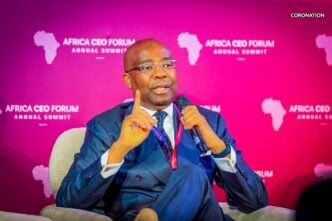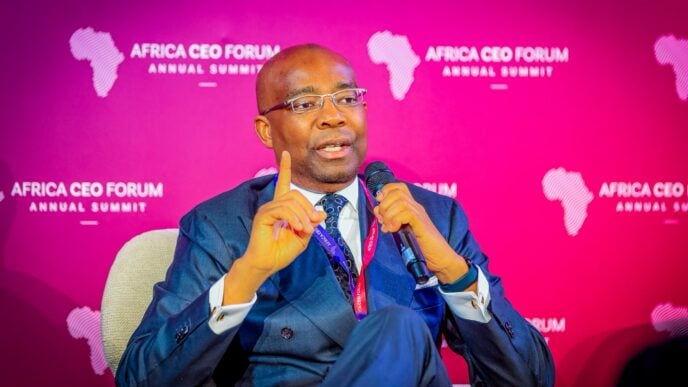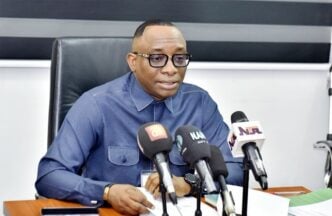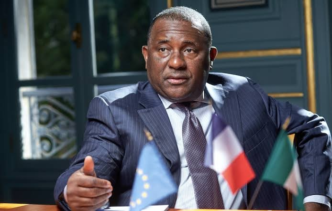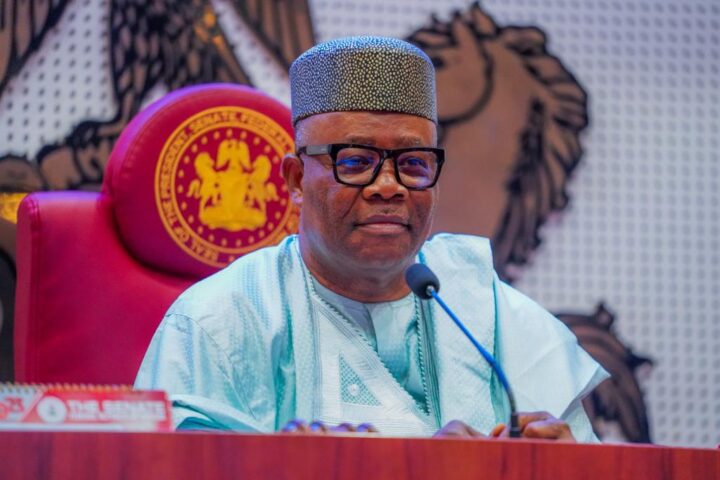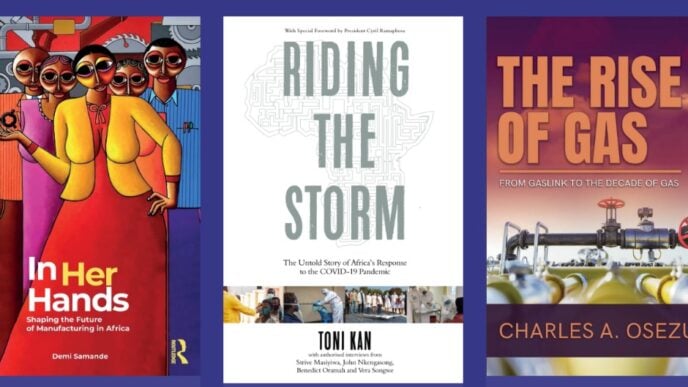Zahrah Audu
Zahrah Audu, director-general of the presidential enabling business environment council (PEBEC), says poor awareness of Nigeria’s economic progress is hampering efforts to attract investment into the country.
Audu spoke at a press briefing organiser by the British High Commission in Abuja on Wednesday.
She said the government is seeking partnerships to ensure Nigeria’s economic strides are better communicated to global investors.
“We are very clear-eyed about the areas that still require attention; regulatory uncertainties, gaps in infrastructure, access to finance and lengthy timelines for approvals remain some of the issues that we continue to tackle,” Audu said.
Advertisement
“There is also the question of perception. Many international investors are yet to be aware of the progress being made in Nigeria, and this disconnect can often be a barrier in itself, which is why we are participating in sessions like this, simply to send out a clear message that President Bola Ahmed’s administration is very serious about creating an enabling business environment for Nigerians as well as foreign investors.
“This partnership is critical, beyond the commitments on paper, it represents a shared responsibility to address long-standing trade frictions, deepen our commercial engagements and create a real value on both sides.
“The UK is a long-standing partner, and we see this renewed engagement as an opportunity not just to expand trade, but to deepen collaboration on the reforms that make trade work better.”
Advertisement
Audu thanked the British High Commission and the Department of Business and Trade for their leadership in engaging Nigeria at a strategic level.
She further said the federal government is committed to working with stakeholders to deliver reforms and measurable outcomes.
Earlier, Richard Montgomery, the British high commissioner to Nigeria, said Africa’s most populous nation has morphed into a more investible destination.
Montgomery attributed the progress Tinubu’s “big and bold” economic reforms.
Advertisement
‘HIGH COMMISSION WORKING WITH FG TO IMPLEMENT ETIP’
On his part, Mark Smithson, country director for the British Department for Trade (DBT), said the enhanced trade and innvestment partnership (ETIP), signed in February 2024, is the first of its kind in Africa and one of only two globally — reflecting Nigeria’s importance.
He said the partnership aligns with the UK Prime Minister Keir Starmer’s growth agenda and with Tinubu’s eight-point economic agenda.
“In summary, ETIP spans eight key sectors: clean growth, education, health and life sciences, creative industries, agriculture, finance and financial services, legal services, investment, as well as regulatory cooperation, covering things like technical trade barriers, intellectual property, customs, trade facilitation, etc,” he said.
“We work very closely with the Nigerian government to negotiate ETIP, a truly co-created document. We are now working with the Nigerian Ministry of Industry, Trade and Investment and other key Nigerian government agencies and partners, such as PEP, to implement ETIP.
Advertisement
“So far, as the High Commissioner has mentioned, we have delivered on some key milestones. We launched the UK-Nigeria Business Dialogue.
“The development of the Transnational Education Guidelines has paved the way for UK education institutions to come to Nigeria. And the formation of the Creative Industries Working Group, which on our side is co-chaired by the newly appointed Prime Minister’s Trade Envoy to Nigeria, Florence Eshalomi MP.
Advertisement
“ETIP is designed to unlock greater trade in sectors where both countries have comparative advantages. While we continue to implement ETIP, UK businesses continue to play a vital role in Nigeria’s development across multiple sectors.
“Allow me to give a few examples. In clean energy, for example, UK firms such as Conexa, Rice Energy and Stemaco and many more are delivering long-term sustainable energy solutions.
Advertisement
“In healthcare, a leading UK firm is supplying cancer treatment centres with cutting-edge technology. And firms such as Elephant Healthcare are operating in Kaduna State in partnership with the state government to digitise the public primary healthcare system. And in transport, UK-involved stock has been supplied to LAMATA.
“And we’re exploring opportunities to introduce equal-producer solutions in Lagos state. In education, following the arrival of Charterhouse and Robbistall, we anticipate several announcements in the coming months from UK universities looking to establish a presence in Nigeria. So stay tuned.”
Advertisement
Smithson said the UK is not only supporting British businesses in Nigeria but is also home to several Nigerian firms, including six Nigerian banks.
He added that the British government continues to support Nigerian companies listing on the London Stock Exchange, which hosts more African businesses than any other exchange.


